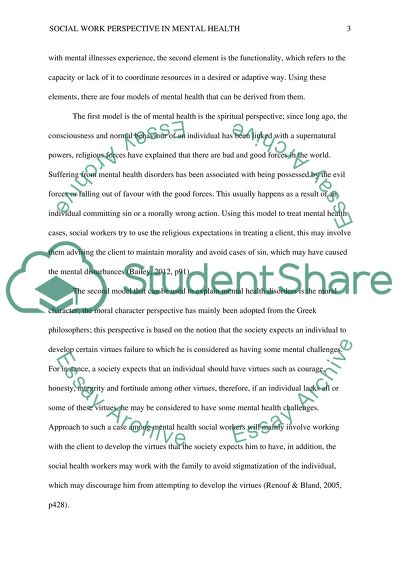Cite this document
(“Social work perspective within Mental health Essay”, n.d.)
Social work perspective within Mental health Essay. Retrieved from https://studentshare.org/sociology/1485598-social-work-perspective-within-mental-health
Social work perspective within Mental health Essay. Retrieved from https://studentshare.org/sociology/1485598-social-work-perspective-within-mental-health
(Social Work Perspective Within Mental Health Essay)
Social Work Perspective Within Mental Health Essay. https://studentshare.org/sociology/1485598-social-work-perspective-within-mental-health.
Social Work Perspective Within Mental Health Essay. https://studentshare.org/sociology/1485598-social-work-perspective-within-mental-health.
“Social Work Perspective Within Mental Health Essay”, n.d. https://studentshare.org/sociology/1485598-social-work-perspective-within-mental-health.


